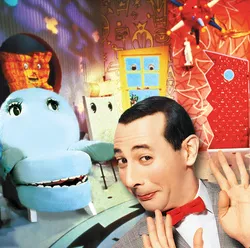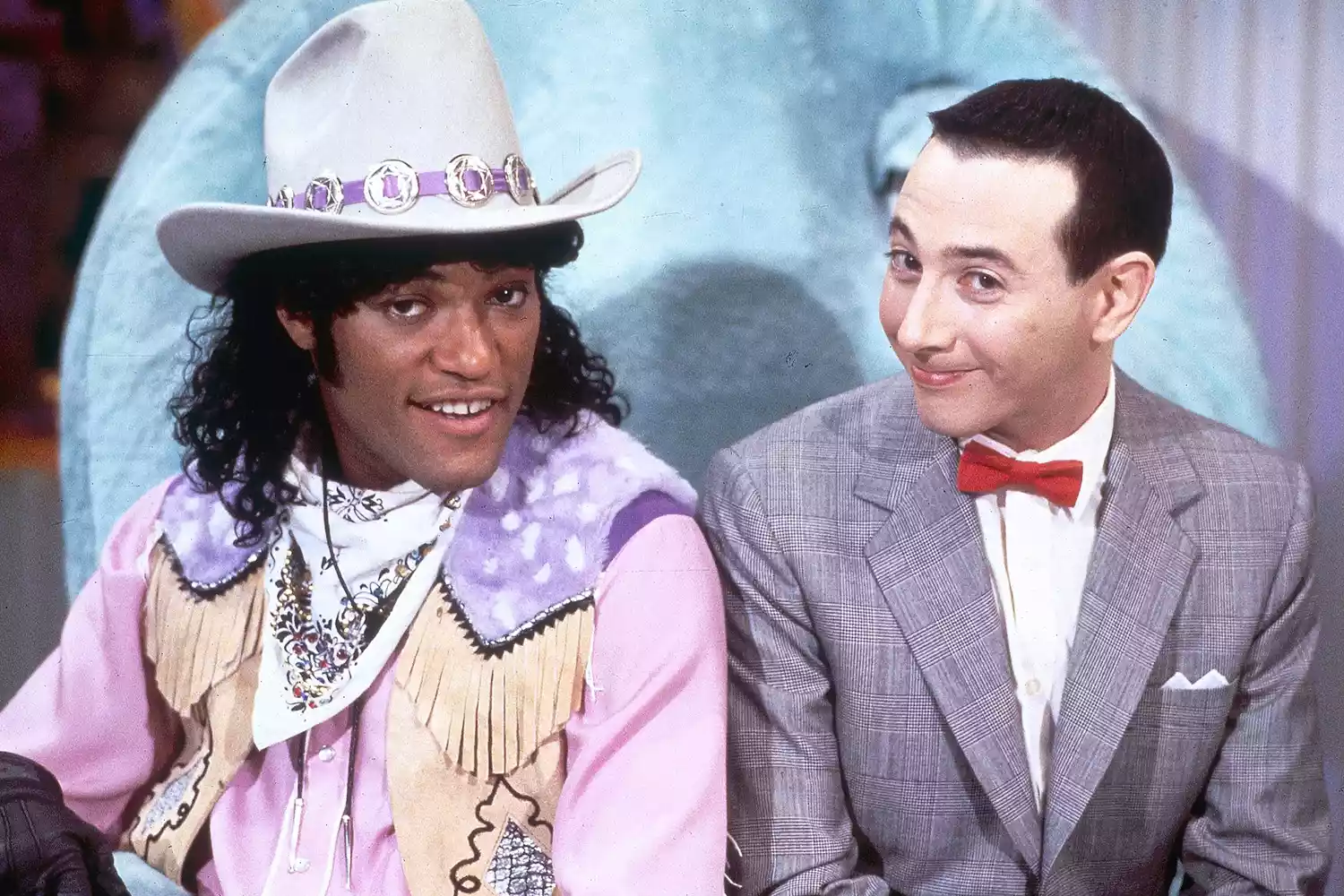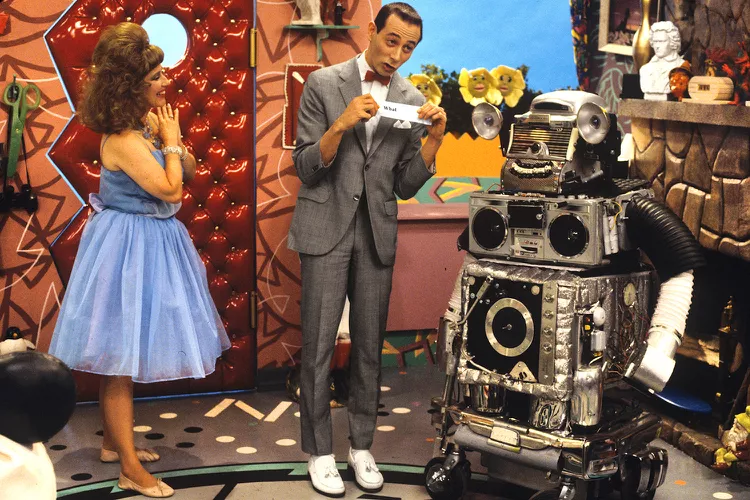Paul Reubens, the iconic creator and actor behind Pee-wee Herman, remained closeted for much of his career, carefully shielding himself from the public eye. Yet his beloved character, Pee-wee, was anything but hidden—radiating a playful, campy energy that resonated deeply with many, especially within the gay community. For countless queer adults, Pee-wee’s Playhouse wasn’t just a children’s show; it was a vibrant, joyous sanctuary filled with coded queerness, gentle rebellion, and a celebration of difference that felt like home. As explored in the new HBO documentary Pee-wee as Himself, this colorful world created by Reubens offered a rare space where being unique was not just accepted, but adored.
Discovering pee-wee’s queer magic
To love Pee-wee Herman was a wonderfully silly and liberating experience—not as a child, but as an adult gay man who arranged Saturday mornings around watching Pee-wee’s Playhouse. Before streaming services made binge-watching easy, I often missed trains out of town just to stay home and catch Pee-wee’s antics on TV. The show’s characters, especially Miss Yvonne, the “most beautiful woman in Puppet Land,” offered a unique kind of charm. She was like a prom queen whose taffeta was a little worse for wear but whose dreams still shimmered. Her delusion was her beauty, floating through the Playhouse like a fairy godmother—fairy intended.
Paul Reubens, who passed away in 2023 and came out publicly in the HBO documentary Pee-wee as Himself, kept his sexuality hidden for decades. He feared coming out would end his career as a beloved children’s entertainer, a concern tragically realized after his 1991 arrest. Yet, to anyone familiar with camp culture, Reubens’ sensibility was obvious—similar to John Waters’ signature blend of camp, innocence, and sunshine, minus Waters’ shock value. And what about Pee-wee himself? Of course, Pee-wee was gay—not in any sexualized way, but as a character born from a deep, playful place in Reubens’ unconscious. The name “Pee-wee Herman” itself suggests something small and youthful, and “Herman” hints at an ambiguous blend of feminine and masculine. Pee-wee’s childlike, hand-flapping persona inhabited a space where gender and identity swirled freely, like a swirl of vanilla and chocolate ice cream.

Campy, queer signifiers everywhere
The show was bursting with gay and queer signifiers that were impossible to miss. Randy the puppet resembled a rough-and-tumble Howdy Doody, while Pteri the neurotic pterodactyl sported a theatrical voice that brought to mind flustered aunts on Bewitched—a show long mined for its queer subtext. Tito the pool boy stood out as an unusual character for a children’s program, while Jambi the genie, a turbaned, glowing disembodied head, radiated camp energy—if he’d had hands, he’d be folding sweaters.
Pee-wee’s Playhouse was a children’s show that Oscar Wilde might have written, full of wit, whimsy, and coded humor. “Earnest,” Wilde’s euphemism for “homosexual,” would fit right into the Playhouse’s world. As a child, I might have sensed the queer subtext without fully understanding it. As a grown gay man, those winks and nods were unmistakable cultural codes—like a form of gaydar expressed through humor.
One of the great pleasures of gay culture is recognizing a joke or phrase that makes perfect sense only to those “in the know.” I recall the thrill of hearing the phrase “friend of Dorothy,” a subtle nod to gay fascination with The Wizard of Oz. Another memorable moment was my first night in Manhattan, at a cabaret show filled with “trunk songs” — numbers cut from musicals — delivered with knowing flair. The mention of Benay Venuta, Ethel Merman’s understudy, was like discovering a treasure trove of signifiers. These layers of coded language created a secret, joyful community.

A safe, happy world for the different
Beyond the camp and humor, Pee-wee’s Playhouse had an unexpected therapeutic effect. Paul Reubens designed the show to make viewers feel better about themselves, more accepting of difference. When the show premiered, I was already an adult grappling with my identity, no longer in need of validation. Instead, the Playhouse offered a fantasy of a happy childhood — a world where difference was celebrated, not punished.
In the Playhouse, Pee-wee lived in a vibrant, safe space where everyone liked each other just as they were. While Pee-wee occasionally raised eyebrows in Puppet Land, he was never bullied or harassed. This contrasted starkly with my childhood memories, marked by daily school humiliations and the silence at home—wondering if I was a source of shame.
An Emily Dickinson stanza captures this tension perfectly:
I knew not but the next
Would be my final inch, —
This gave me that precarious gait
Some call experience.
But Pee-wee’s world was anything but precarious. It was a place of certainty, warmth, and acceptance. In a sense, Reubens imagined a childhood I never had but always longed for—a place not unlike the one Judy Garland sang about. I suppose it’s sentimental, but I’m proud to say I’m a “Friend of Pee-wee’s.” Pee-wee as Himself is streaming now on Max, inviting a new generation to discover the magic of a character who quietly redefined what it meant to be different — and perfectly at home in a world that accepted him just as he was.



